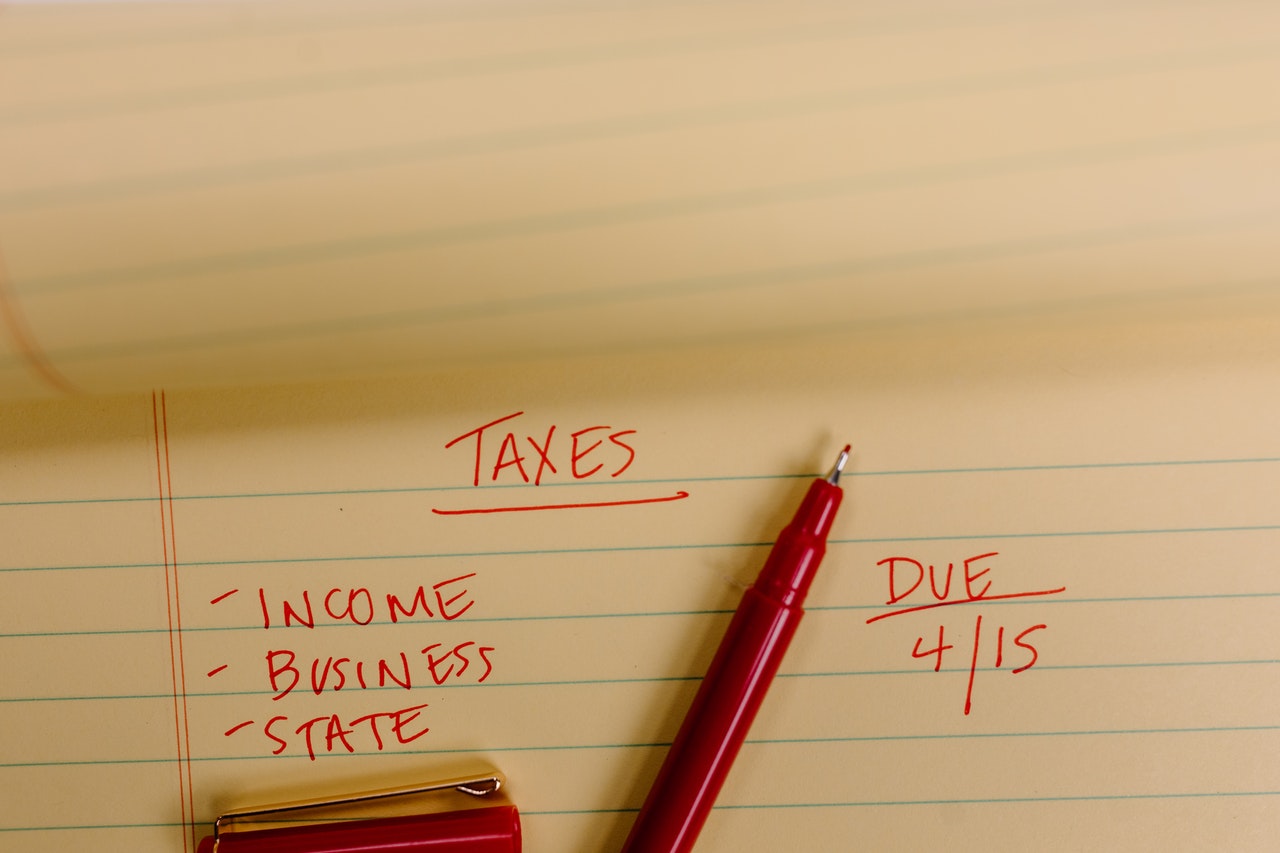With the tax-filing season round the corner, you may be gearing up to prepare and file your income taxes.
In the US, the tax filing season typically starts on January 1 and extends to April 15, which is the filing deadline. If this date falls on a weekend, the deadline is shifted to the next business day.
Taxpayers can also avail of early filing so that they can get all their papers together, claim all your deductions and avoid the last-moment stress of looking for documents and receipts to back their claims.
The agency responsible for administering federal tax laws enacted by Congress is The Internal Revenue Service (IRS) which has three main functions:
- tax returns processing
- taxpayer services
- enforcement
The IRS has a Publication 509: Tax Calendars which provides a list of important dates and deadlines for individuals and businesses. This is useful for self-employed people, freelancers, and other business owners who need to file their returns on a quarterly schedule.
Any returns filed after this deadline would be subject to penalties and interest charges. However, you can request an extension which may or may not be granted, based on fulfilling certain criteria.
Many people are struck by fear and anxiety when they owe taxes and face the penalties and charges.
Why Do People Fall Behind In Filing Their Taxes?

Recent data collected in the US for the year 2020 by the IRS reveals that Americans owe more than $114 billion in back taxes, penalties, and interest.
They may under-report their income or taxes owed. This is in spite of the prospect of high penalties, asset seizure, or even time in jail. Tax evasion can be a deliberate act, or it can be an inadvertent mistake.
This is different from tax avoidance, a legal route that takes advantage of certain loopholes and legal methods to reduce your tax liability. Let’s look at some reasons why people fail to meet their tax obligations.
- Simple mistakes such as late filing or calculation errors.
- Nefarious reasons include failure to report taxable income.
- Too busy to file returns.
- Life disruptions such as illness, death, divorce, job loss.
- Lack of money to pay taxes.
- Feeling overwhelmed by the filing process.
- Employers under-withholding taxes from your paycheck.
- Self-employed persons may not be aware of their tax liabilities.
- Misunderstanding of tax laws and exemptions.
- Sole proprietorships, farms, and higher-income groups indulge in income misreporting.
- Evasion may also depend on certain features of the administrative system.
Penalties, Fees, and Charges

Penalties for failure to pay your taxes can be quite high and punitive. It is equal to five per cent of the unpaid balance per month, or part month, up to a maximum of 25 per cent.
If the IRS deems the failure due to a deliberate fraud, the five per cent can increase to fifteen per cent per month.
If you file returns more than 60 days after the last filing date or extended due date, the minimum penalty equals the lesser of $210 or 100 per cent of unpaid taxes. Interest accruals can add a significant load to the penalties.
The rates may change according to notifications issued by the IRS. There are more than 150 penalties that the IRS lists on its website and the most common ones are Failure to pay Penalty, Failure to file Penalty, and Failure to deposit Penalty.
Penalty Abatement
Penalty abatement can be requested by citing these reasons:
- Statutory exceptions must be clearly explained, such as disaster relief or combat zone relief.
- Errors made by relying on documented/oral advice given by IRS (this is difficult to prove).
- Valid reasons include certain facts and circumstances, erroneous software, or poor guidance from tax professionals. However, you will have to prove that you exercised due care and prudence, and the errors were not made due to willful neglect.
- Administrative relief such as first-time penalty abatement (FTA) is the easiest of all relief options.
In most cases, people are not aware of these abatement options, and they may fail to request them. The IRS uses these abatement options to remove or reduce the penalties for those who meet the eligibility criteria.
What To Do If you Owe Taxes
Your tax attorney, a certified accountant, or an experienced tax professional can give you the right advice and inputs if you owe a significant amount in back taxes.
1. One of the options is the Fresh Start Initiative.
Here are some quick facts about it:
- It is available to individuals and businesses who are facing a first-time default on payments.
- You should be prepared to pay what you owe in a series of instalments with a direct payment structure.
- You owe less than $50,000, or you can reduce your debt to this figure before the start of the program.
- Your outstanding debt can be paid off in 60 months, and your tax files are up-to-date.
- You agree to pay instalments in time and do not incur any further tax debts during this period.
2. File your return and pay as much as you can by the due date if you cannot pay the full amount owed.
Attach a Form 9465 (Installment agreement request) to the front of your tax return. Show the amount you propose to pay every month along with the date you promise to pay it. This helps you to avoid the late payment penalty and interest.
3. If you can’t pay even in instalments, apply for an “Offer in Compromise” to settle for a sum less than the amount owed.
The relief will be granted based on the IRS’s assessment of your financial situation and future income potential. You can attach Form 656 and Form 433A to your request letter.
When you agree to an offer in compromise:
![What to Do If You Owe Taxes to the IRS 4 Owing Big Taxes to the IRS? Easy Guide on What To Do [2022]](https://ideasplusbusiness.com/wp-content/uploads/2021/12/pexels-tara-winstead-7111489.jpg)
- You can select a payment option based on your unique financial situation.
- You can pay in an initial lump sum (20 per cent of the amount due and the rest in five or fewer payments) or periodic monthly payments till the debt is fully discharged.
- While your offer is being evaluated, non-refundable fees and payments will be added to tax liability.
- Notice of Tax Lien may be filed.
- All other collection activities are suspended.
- If IRS doesn’t decide on your compromise offer within two years, your offer is automatically accepted.

I am Adeyemi Adetilewa, an SEO Specialist helping online businesses grow through content creation and proven SEO strategies. Proficient in WordPress CMS, Technical Site Audits, Search Engine Optimization, Keyword Research, and Technical Writing (Portfolio).
I help brands share unique and impactful stories through the use of public relations, advertising, and online marketing. My work has been featured in the Huffington Post, Thrive Global, Addicted2Success, Hackernoon, The Good Men Project, and other publications.
